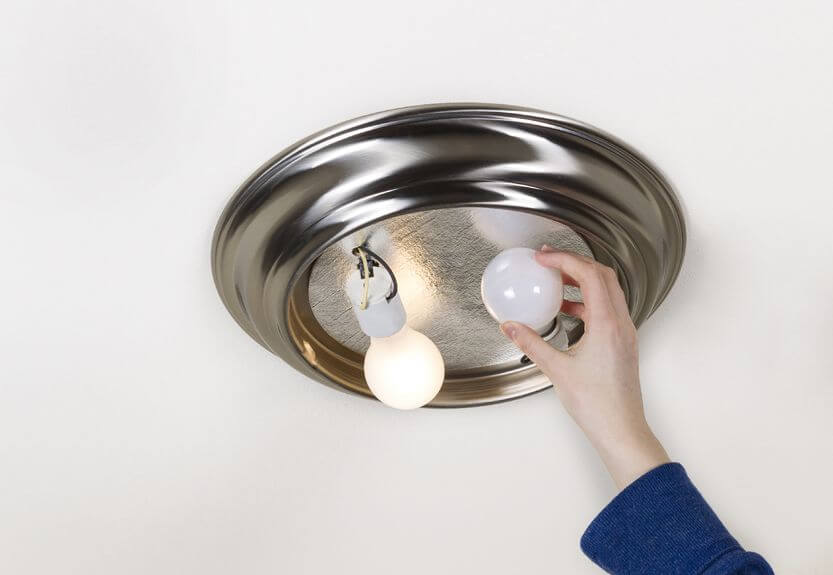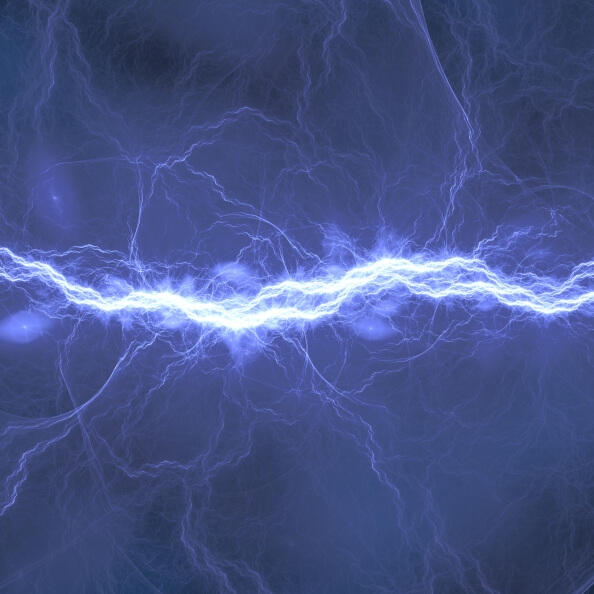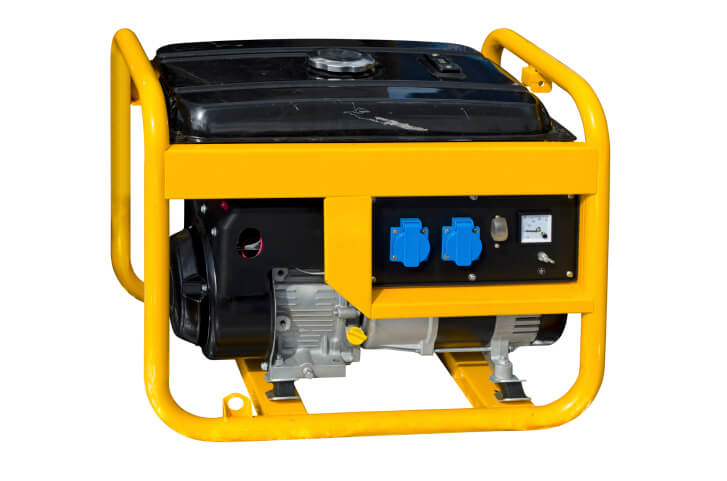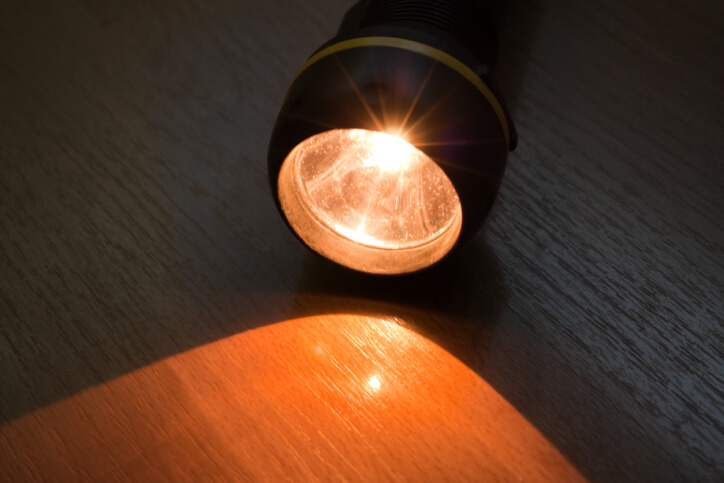
What Causes Flickering Lights in a House?
Household lights that flicker and even dim periodically can be normal if not annoying, but they can also be dangerous, which is why flickering lights should never be ignored. In most cases, a slight flicker or brief dimming that becomes more pronounced over time indicates the presence of a poor connection somewhere in the system that needs to be addressed. Prior to calling an electrician, there are several factors to look at for flickering lights, such as when the lights flicker (and whether it’s associated with the start-up of a large appliance), how often the flickering occurs, and whether the flickering occurs throughout the house or only in one room or area. Here’s a look at the main causes of lights flickering in a house based on the type or pattern of flickering that’s occurring.
- A situation where the same light or lights are flickering in one area and not throughout the home. The most obvious cause of this type of problem is a bad light bulb or a bad connection between the light bulb and the light fixture socket. However, if the problem is spread across multiple light fixtures but contained to a single area within the home, then it could be a circuit issue as well. An electrician can conduct a complete circuit diagnosis in this case to pinpoint the loose hot or neutral conductor that’s causing the issue, which may be located in a receptacle, a switch, a light, a j-box, or at the main electrical panel. Since loose connections can be dangerous, it’s important to identify and resolve the problem as soon as possible.
- Lights in the home only flicker when a large appliance (such as the air conditioner) kicks on. This is actually a common problem, often associated with large outdoor A/C units that can draw up to 100+ amps when first turned on. Most homes have only a 200 amp main electrical service, so this draw can cause a brief flickering. In this case, the best thing to do to solve the problem is to contact an electrician to make sure that the outdoor unit is wired to the max ampacity, and that the wire size and fusing is correct, and all connections are tight. If everything looks good, then you might consider having a soft start kit installed on the outdoor unit to mitigate the amount of current required all at once to start the motor.
- Lights are flickering throughout the house and not associated with large appliance operations. If this is occurring in your home, it’s important to have an electrician look at your main electrical service as soon as possible, as this is a sign that you have some loose service conductors in your main electrical panel or in your meter base—both situations which could be fire hazards.
- Your neighbors are experiencing flickering lights, too. When your flickering lights are a neighborhood problem, then chances are that this is stemming from an issue with the electric company that simply needs to be waited out. Whether the issue is caused by a lightning strike, a tree branch or other vegetation falling on power lines, or animals interfering with the electrical equipment, when the electrical system detects the interference it is designed to shut off electricity to that section of the line for a brief period (usually no longer than a few seconds), which in turn causes the flickering. Briefly shutting off the power allows the electric company to isolate the problem area, limit the damage, and prevent a larger power outage from occurring. In the meantime, you may see your lights flicker, but understand that there is no danger involved.
It’s important to note that flickering lights can also be caused by heavy loads at a neighbor’s house, since you all share a transformer. If the flickering is significant or has changed in unexpected ways or worsened, then it’s also best to err on the side of caution and have an electrician check things out for you.
Related:
Top 10 Electrical Troubleshooting Tips
Take 10 Key Steps When the Power Goes Out
Power Outages: 8 Typical Triggers
Power Issues: Brownouts, Blackouts & Surges
Buying a Generator Before the Storm


